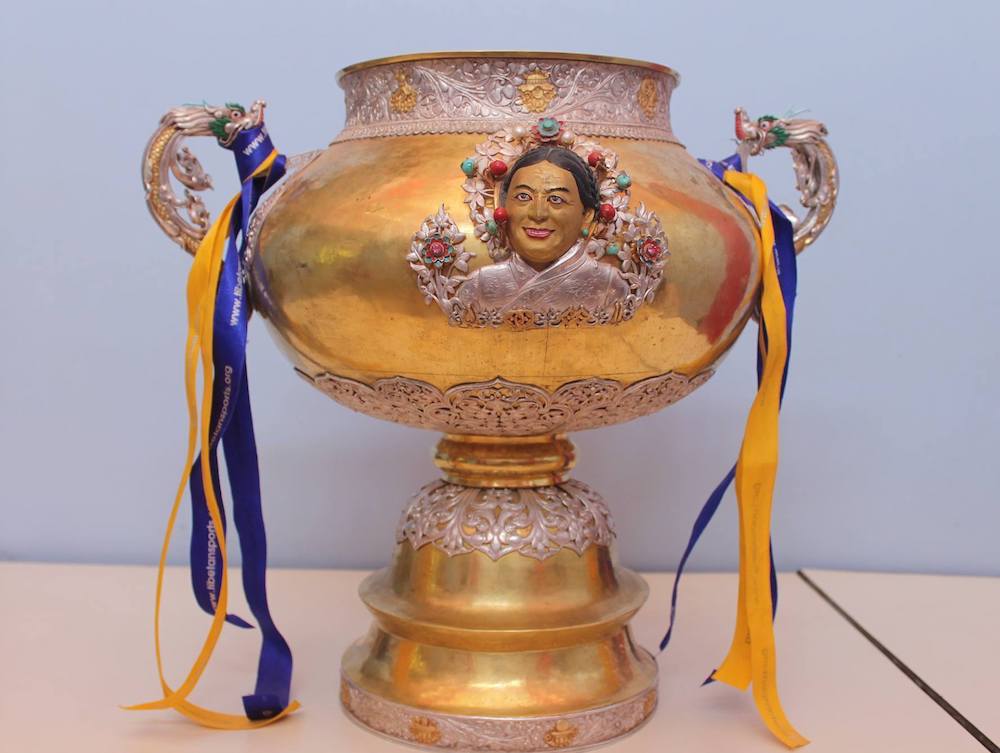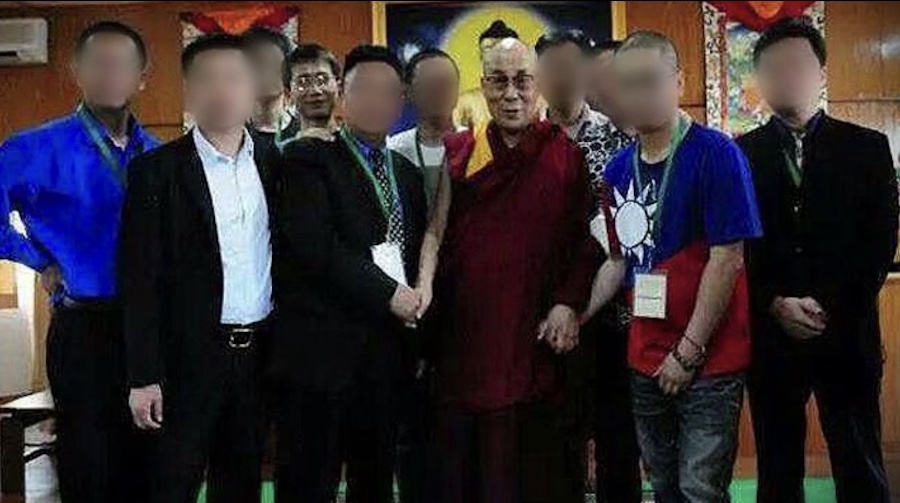 By Vijay Rana
By Vijay Rana
BBC South Asia reporter
Indian Defence Minister George Fernandes is in Beijing on a week-long official tour of China.
The two Asian rivals will be reviewing relations that have been marred by a long-running border dispute and mutual distrust.
This is the first time an Indian defence minister has visited China since 1992.
George Fernandes has gone to Beijing with a large delegation of senior diplomats and armed forces officials.
Besides a wide-ranging review of mutual relations, he will also be preparing the ground for a visit to China by the Indian prime minister that might take place later this year.
A long-standing critic of Chinese policy in Tibet, George Fernandes caused a storm when he described China as India’s enemy number one soon after becoming defence minister in 1998.
Border row
Over three decades earlier, India’s first prime minister, Jawaharlal Nehru, had dreamt of Sino-Indian friendship.
He spelt out the “five principles of peaceful co-existence” between the two countries in the Panchasheel treaty of 1954.
But relations soured in 1959 when Tibetan spiritual leader Dalai Lama fled communist persecution and was given asylum in India with his 15,000 followers.
Soon after, the border dispute worsened between the two countries.
China claimed Aksai Chin in the western sector and India claimed territories south of the McMahon line in the eastern sector.
The McMahon line was established as the Sino-Indian border after an agreement between Britain, then ruling India, and Tibet in July 1914.
Communist China refused to recognise it as the international border. In 1962 the border dispute resulted in a war.
Nuclear tests
Despite many rounds of talks in the last decade there has been little progress in demarcating the two countries’ 4,500-kilometre-long Himalayan border.
Their relations further nosedived in May 1998 after India conducted nuclear tests.
It was during those tense times that Mr Fernandes described China as India’s enemy number one.
India also accuses China of supporting Pakistan’s nuclear and missile programme.
Though trade between the two neighbours has grown in recent years, there has been widespread apprehension of China’s cheap consumer products flooding the Indian market.
India’s Government-controlled television has quoted the Chinese Foreign Ministry spokesman Liu Jianchao as saying that in the current “complicated international situation” China and India should enhance cooperation promoting regional peace and development.
Despite such demonstrations of good intentions, Mr Fernandes’ week-long visit would appear to be too short to dispel the mutual distrust of the last 40 years.









